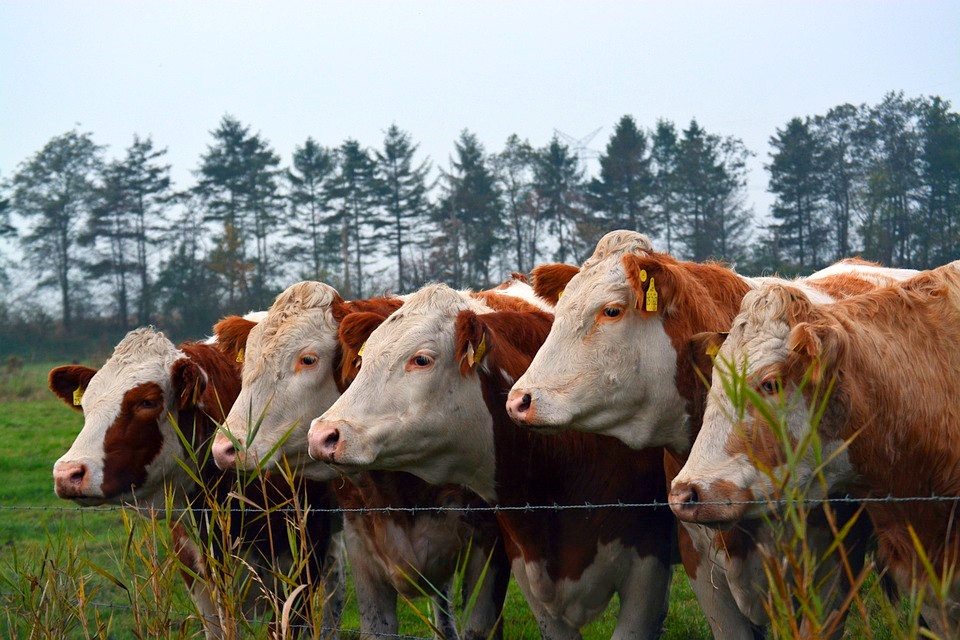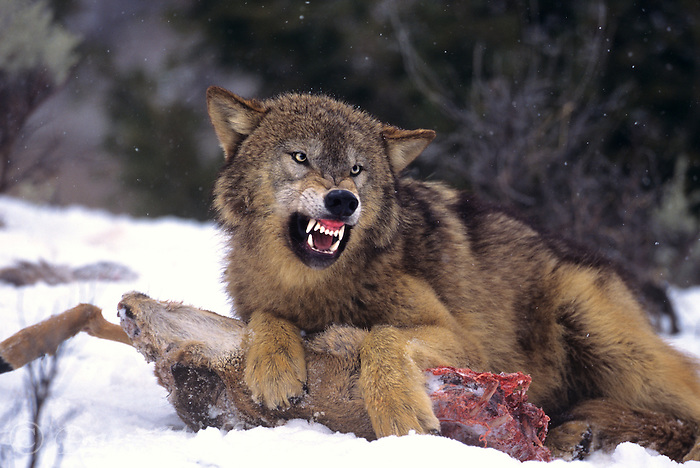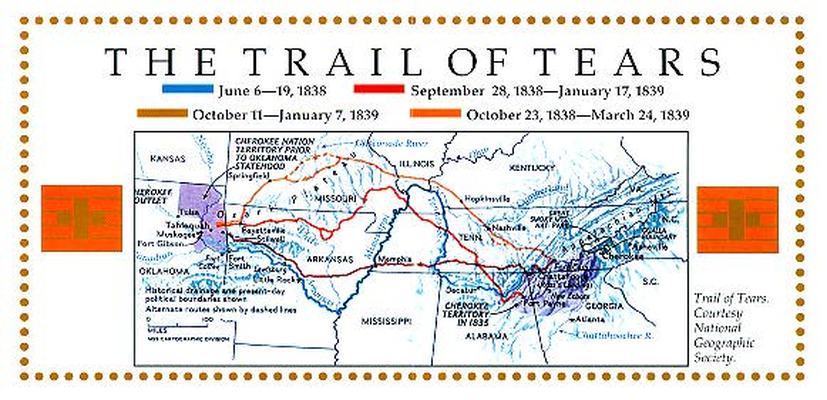The Wishons say made-in-America labeling could determine their survival as independent producers. The family’s operation was solidly profitable four years ago but now exists on a thin financial margin the men blame on powerful foreign forces.
Agweek
‘America First’ may be last hope for these cattle ranchers
PATERSON, Wash. – Fifty-mile-per-hour winds and snow drifts seven feet deep greeted Ted Wishon when he checked on his cattle herd, hunkered down on a hillside along the northern bank of the Columbia River.
With his 21-year-old son, George, Wishon labored through six weeks of brutal weather this year keeping hundreds of animals alive. The two men – living in a spartan trailer on leased land pinned between a winery and the icy waterway – repaired fences, delivered calves and kept the herd fed and watered.
As spring approached, the snow melted and the winds grew slack. The gales that now buffet the Wishons are political.
The men are among a group of cattle ranchers who say their livelihood may depend upon persuading Congress to order mandatory country-of-origin labeling for the steaks and burgers they produce. The government once required such labels, but lawmakers outlawed them in 2015 to comply with global trade rules.
The election of Donald Trump, a vocal advocate of “Buy America” policies who revels in disrupting the status quo, gave the ranchers hope of reversing their earlier defeats. But they are finding that even in an “America First” era, the laws of politics still apply: An industry needs powerful legislative allies, a united front and a credible path to victory.
The ranchers now are mounting a long-shot bid to persuade lawmakers to write labeling requirements into legislation to implement Trump’s North American trade deal with Canada and Mexico. Without them, the deal will favor the multinational corporations that dominate the meatpacking industry at the expense of American cattle ranches, said the Ranchers-Cattlemen Action Legal Fund (R-CALF), a trade group.
“We have a superior product, but the consumer doesn’t know,” said the younger Wishon. “What might be good for American cattle producers in a trade deal might be squashed by the multinationals.”
Over the past decade, labeling advocates – who insist consumers prefer meat identified as American – have won and lost congressional battles, been rejected twice by World Trade Organization (WTO) rulings and battled members of their own industry who call the measure costly and unnecessary.
The Wishons say made-in-America labeling could determine their survival as independent producers. The family’s operation was solidly profitable four years ago but now exists on a thin financial margin the men blame on powerful foreign forces.
Free Range Report
Thank you for reading our latest report, but before you go…
Our loyalty is to the truth and to YOU, our readers!
We respect your reading experience, and have refrained from putting up a paywall and obnoxious advertisements, which means that we get by on small donations from people like you. We’re not asking for much, but any amount that you can give goes a long way to securing a better future for the people who make America great.
[paypal_donation_button]
For as little as $1 you can support Free Range Report, and it takes only a moment.



